Diana Ross - Surrender (2016) [Hi-Res]
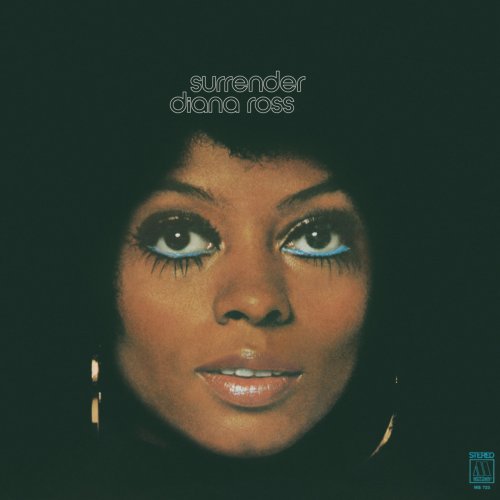
Artist: Diana Ross
Title: Surrender
Year Of Release: 1971 / 2016
Label: Motown Records
Genre: Soul, R&B
Quality: FLAC (tracks) [192kHz/24bit]
Total Time: 39:10
Total Size: 1.86 GB
WebSite: Album Preview
Tracklist:Title: Surrender
Year Of Release: 1971 / 2016
Label: Motown Records
Genre: Soul, R&B
Quality: FLAC (tracks) [192kHz/24bit]
Total Time: 39:10
Total Size: 1.86 GB
WebSite: Album Preview
01. Surrender
02. I Can't Give Back The Love I Feel For You
03. Remember Me
04. And If You See Him
05. Reach Out I'll Be There
06. Didn't You Know (You'd Have To Cry Sometime)
07. A Simple Thing Like Cry
08. Did You Read The Morning Paper?
09. I'll Settle For You
10. I'm A Winner
11. All The Befores
Diana Ross’s third solo album is one of the best of her career, and the absolute best of her early 1970s output. Not only that, but it’s one of the best Motown albums of the era, period. This, my friends, is a work of classic soul, featuring the strongest singing Diana Ross would do until the end of the decade and some of the finest songs by writing/producing team Nick Ashford and Valerie Simpson. Ashford & Simpson had, of course, delivered Diana’s first solo LP, and while there’s not a single song here stronger than the first album’s “Ain’t No Mountain High Enough,” this album as a whole is far superior, more complex piece of work.
Perhaps Surrender isn’t generally placed in the category of great Motown albums because it lacked a massive hit single. Though “Remember Me” was a Top 20 hit and two other songs made the Top 40, none of them are as instantly recognizable as later hits like “Touch Me In The Morning” and “Upside Down.” At the time, it was probably also lost due to the fact that it was one of four Diana Ross albums (three studio and one TV special soundtrack) released in less than two years. It’s a shame that none of the songs caught on the way “Ain’t No Mountain…” had, as a stronger single might have helped push the album up the charts and increase its visibility.
Surrender is also important because it’s the last true soul album Diana Ross would record for several years. This is due to the fact that her entire career was about to vault to the next level thanks to her starring role in 1972’s Lady Sings the Blues. In the wake of her Oscar-nominated movie and #1-selling soundtrack, the singer’s entire vocal style would change; she would lose much of the breathy, raw power of her early recordings and replace it with a smooth, sophisticated style that leaned much more toward pure pop than R&B. Surrender, therefore, is the end of the first phase of Diana’s solo career – a portrait of the singer as young, exciting, vital woman bursting onto the music scene alone in the spotlight – and if it had to end, at least it came with one of the best collections she would ever release.
„A nice early-'70s date from Diana Ross, who at that time was unaffected by her diva/show business persona and was sticking to singing. She turned in effective, unadorned, soulful leads on several songs, with the title tune cracking the R&B Top 20 and pop Top 40. Ross would later turn to a more exaggerated, self-conscious, mock-sophisticate style, but on her early Motown albums, she retained the mix of innocence, anguish, and sexiness that made her a legendary vocalist.“ (Ron Wynn, AMG)
Recorded 1971 in Los Angeles, CA. and New York, NY
Produced by Nickolas Ashford, Valerie Simpson
Digitally remastered
Perhaps Surrender isn’t generally placed in the category of great Motown albums because it lacked a massive hit single. Though “Remember Me” was a Top 20 hit and two other songs made the Top 40, none of them are as instantly recognizable as later hits like “Touch Me In The Morning” and “Upside Down.” At the time, it was probably also lost due to the fact that it was one of four Diana Ross albums (three studio and one TV special soundtrack) released in less than two years. It’s a shame that none of the songs caught on the way “Ain’t No Mountain…” had, as a stronger single might have helped push the album up the charts and increase its visibility.
Surrender is also important because it’s the last true soul album Diana Ross would record for several years. This is due to the fact that her entire career was about to vault to the next level thanks to her starring role in 1972’s Lady Sings the Blues. In the wake of her Oscar-nominated movie and #1-selling soundtrack, the singer’s entire vocal style would change; she would lose much of the breathy, raw power of her early recordings and replace it with a smooth, sophisticated style that leaned much more toward pure pop than R&B. Surrender, therefore, is the end of the first phase of Diana’s solo career – a portrait of the singer as young, exciting, vital woman bursting onto the music scene alone in the spotlight – and if it had to end, at least it came with one of the best collections she would ever release.
„A nice early-'70s date from Diana Ross, who at that time was unaffected by her diva/show business persona and was sticking to singing. She turned in effective, unadorned, soulful leads on several songs, with the title tune cracking the R&B Top 20 and pop Top 40. Ross would later turn to a more exaggerated, self-conscious, mock-sophisticate style, but on her early Motown albums, she retained the mix of innocence, anguish, and sexiness that made her a legendary vocalist.“ (Ron Wynn, AMG)
Recorded 1971 in Los Angeles, CA. and New York, NY
Produced by Nickolas Ashford, Valerie Simpson
Digitally remastered


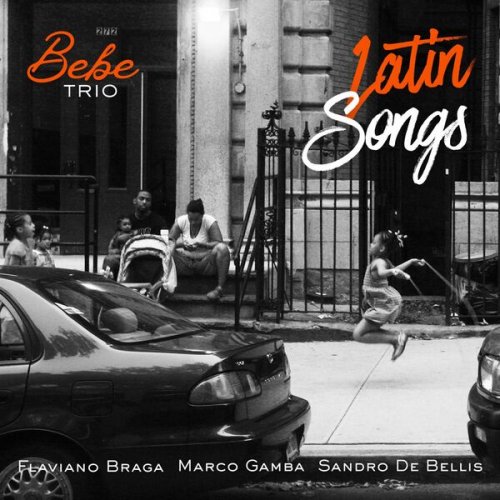
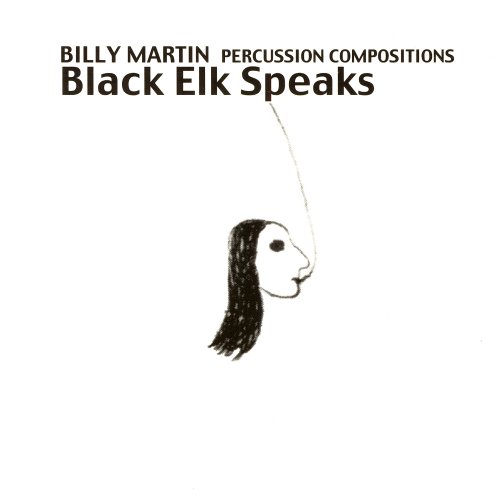
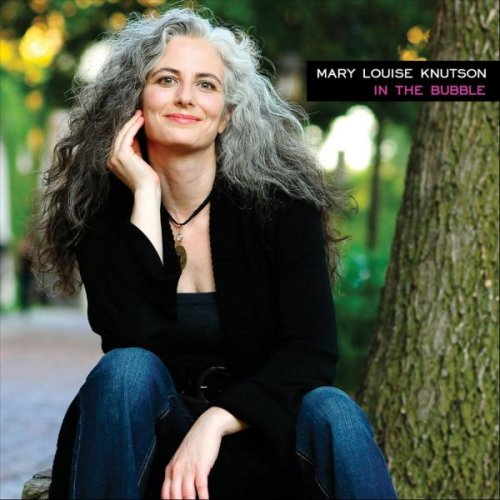
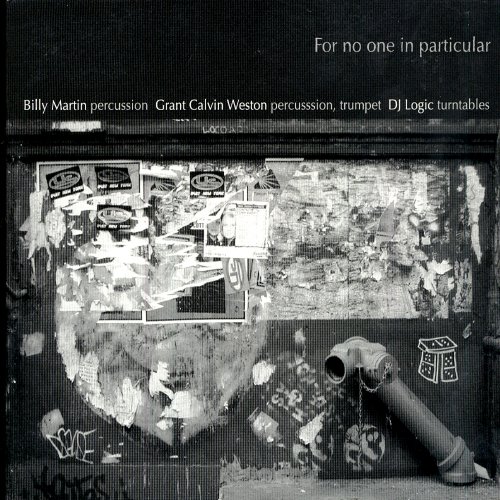
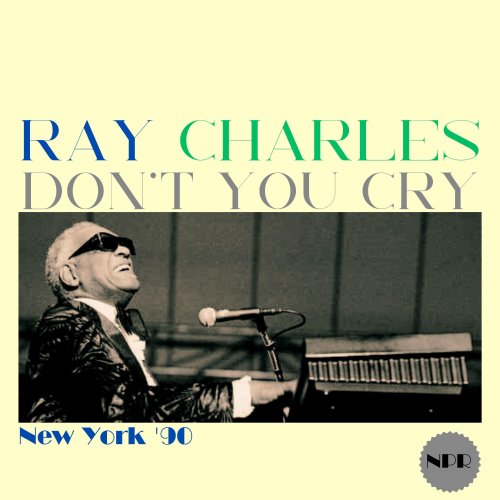
![Palle Mikkelborg, Claus Ogerman, Thomas Clausen Trio, Singapore Symphony Orchestra & Jean Thorel - Symbiosis · Tribute to Bill Evans (2026) [Hi-Res] Palle Mikkelborg, Claus Ogerman, Thomas Clausen Trio, Singapore Symphony Orchestra & Jean Thorel - Symbiosis · Tribute to Bill Evans (2026) [Hi-Res]](https://www.dibpic.com/uploads/posts/2026-01/1768323882_folder.jpg)
